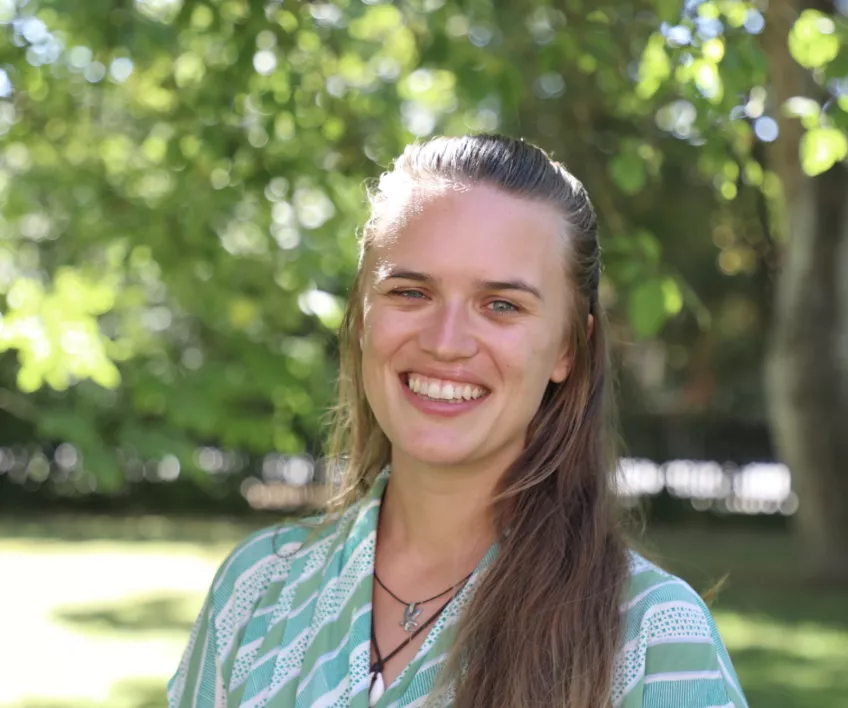What do you explore in your PhD-project?
My PhD is part of a broader project called “Burying problems? Carbon capture and storage imaginaries in Scandinavia”. What I look into specifically, is how the use of carbon capture and storage technology (CCS for short) is being envisioned for the future of climate change policy, for Norway, Scandinavia and more broadly for climate change governance.
Do you have any results or findings yet?
Last semester our project-team conducted a literature review looking into how Scandinavian countries imagine the role of CCS in the region. We found that to a large degree, the technology is being planned as implemented instead of more structural economic change and that this takes attention away from alternative ways of reducing emissions. As CCS technology is also strongly coupled with fossil fuels, at least historically, the focus on developing CCS can make the phasing out of fossil fuels seem less urgent. This is a risk, as to meet the goals of the Paris Agreement emission reductions and decarbonisation needs to happen as fast as possible.
What excites you most with your research?
I am passionate about working towards just climate change mitigation, so I am excited about doing research on how we can use CCS technology in the most just and effective way for the technology to genuinely contribute to decarbonisation and emissions reductions.
I am passionate about working towards just climate change mitigation, so I am excited about doing research on how we can use CCS technology in the most just and effective way for the technology to genuinely contribute to decarbonisation and emissions reductions.
What is your background?
I have a masters degree in Ecological Economics, and was working for a socio-ecological economics-focused NGO before starting my PhD at LUCSUS. I also have a background working for a circular economy housing-company in the Netherlands after completing my bachelors. A important element of the circular economy is to think in systems and try to understand how different, seemingly separate, elements of the process fit together - this is proving important for my PhD work.
What do you hope your research can contribute with to society?
I hope my PhD project can contribute to a wider understanding of the complexity of CCS technology in the social sciences, and that I can do policy-relevant research that can aid policymakers when it comes to its governance and potential implementation.
What sustainability challenges are most pressing?
I think the most pressing issue is to reduce greenhouse gas emissions as fast as possible in order to try our hardest to limit the global temperature increase and avoid climate change tipping-points. This needs to be done with social justice and ecological well-being in mind.
What is your experience of doing a PhD at LUCSUS (and in Sweden)?
Doing a PhD at LUCSUS is so far a really good experience. I have a lot of interactions with my supportive supervisors, and the people at LUCSUS are all very knowledgeable in their field which means that I learn a lot beyond just my own research topic. The work-environment is friendly and helpful, which I appreciate. And the PhD cohort is a wonderful group of friends.
Doing a PhD at LUCSUS is so far a really good experience. I have a lot of interactions with my supportive supervisors, and the people at LUCSUS are all very knowledgeable in their field which means that I learn a lot beyond just my own research topic. The work-environment is friendly and helpful, which I appreciate. And the PhD cohort is a wonderful group of friends.
Doing a PhD in Sweden feels like such a privilege, as the dual-role of employee and student means that I really have the ability to focus 100% on doing the best research I can, whilst earning a decent salary and not needing to worry about anything else.

